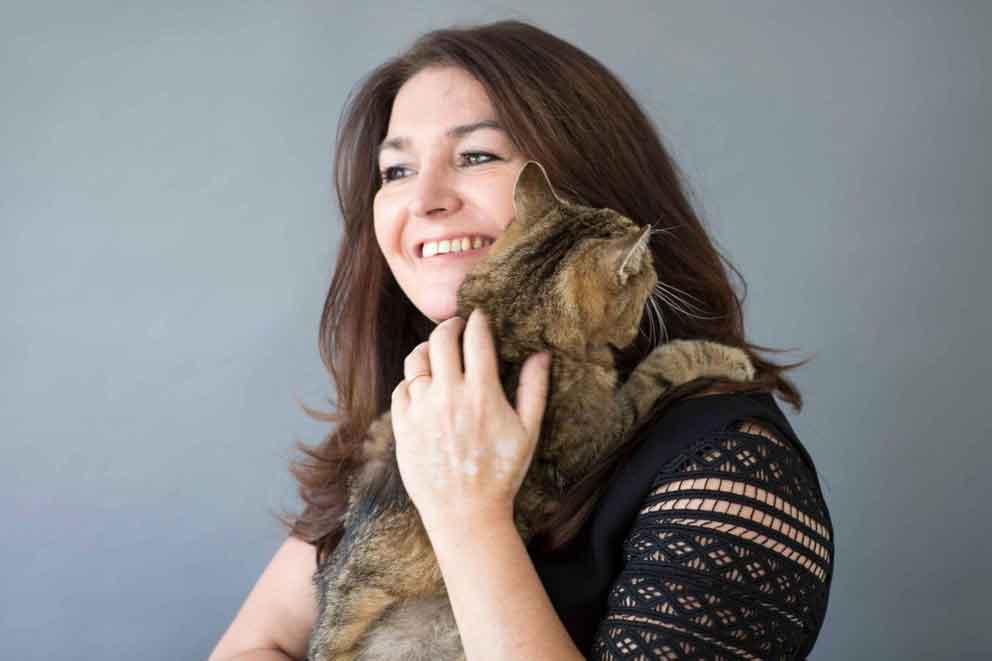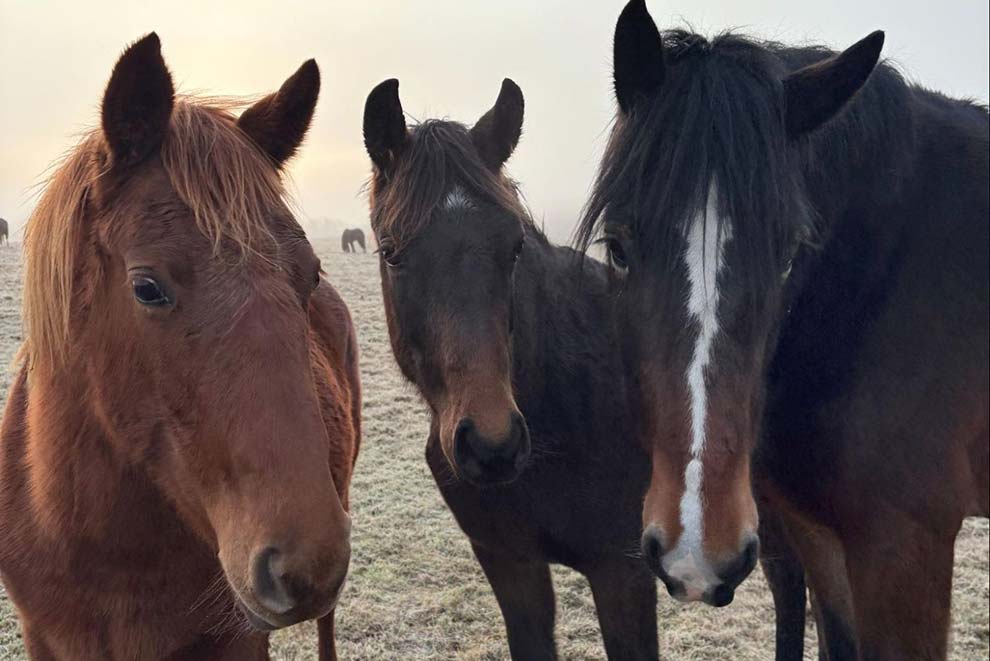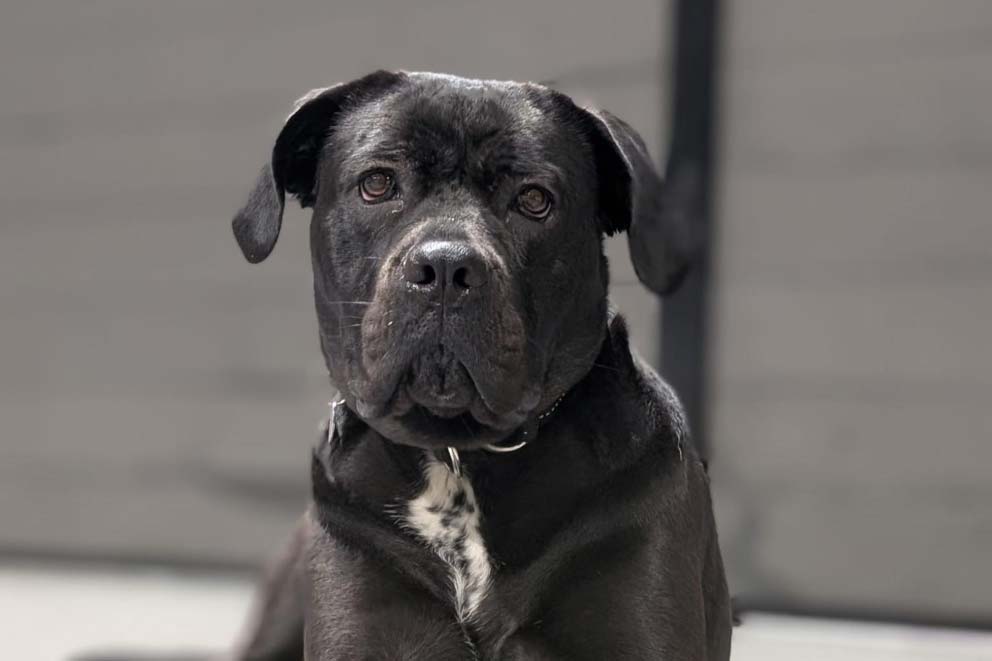- Find a Pet
- Advice and Welfare
- Ways to Give
- Get Involved
- What We Do
- Search
- My RSPCA
- Report a concern
- Gift in Wills
-
Colour modeVivid Calm
Latest news
Contact media and press
If you’re a journalist looking for interviews, quotes or images, get in touch with our media team. Or, if you’re after some quick facts and figures, we have you covered.

Publications
Sign up to our newsletter Buzz
Be the first to know about the latest RSPCA news and reports.








